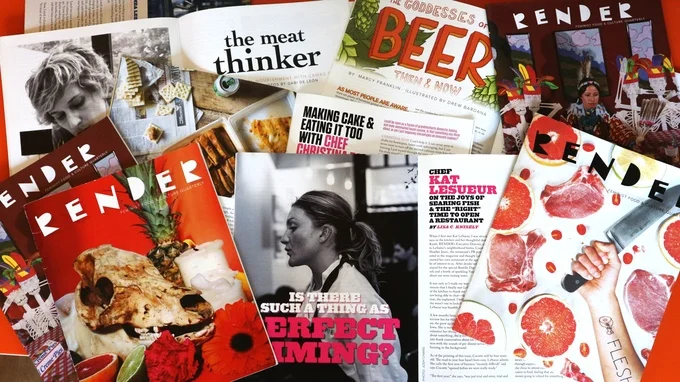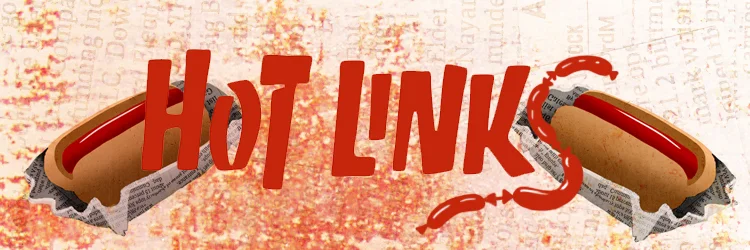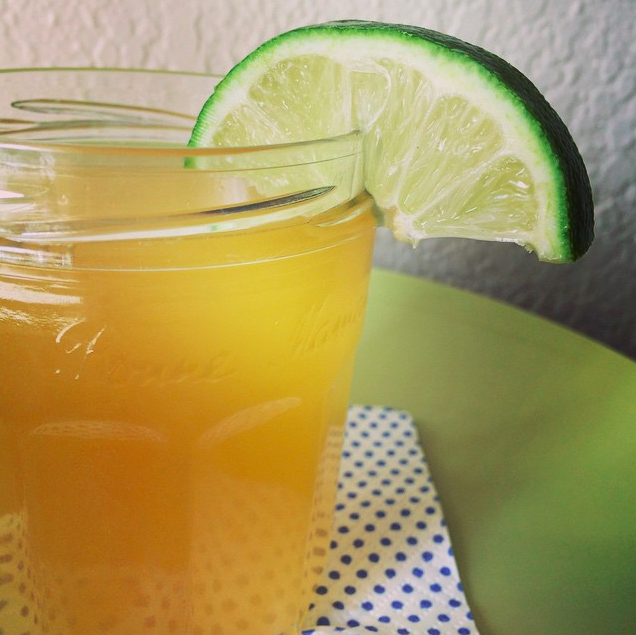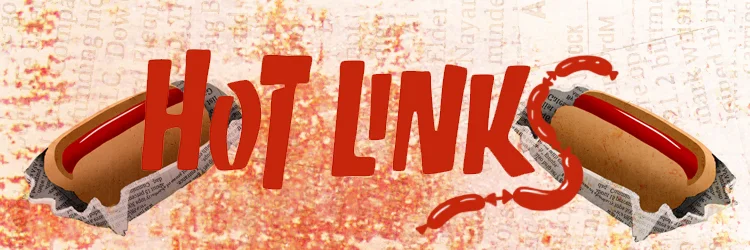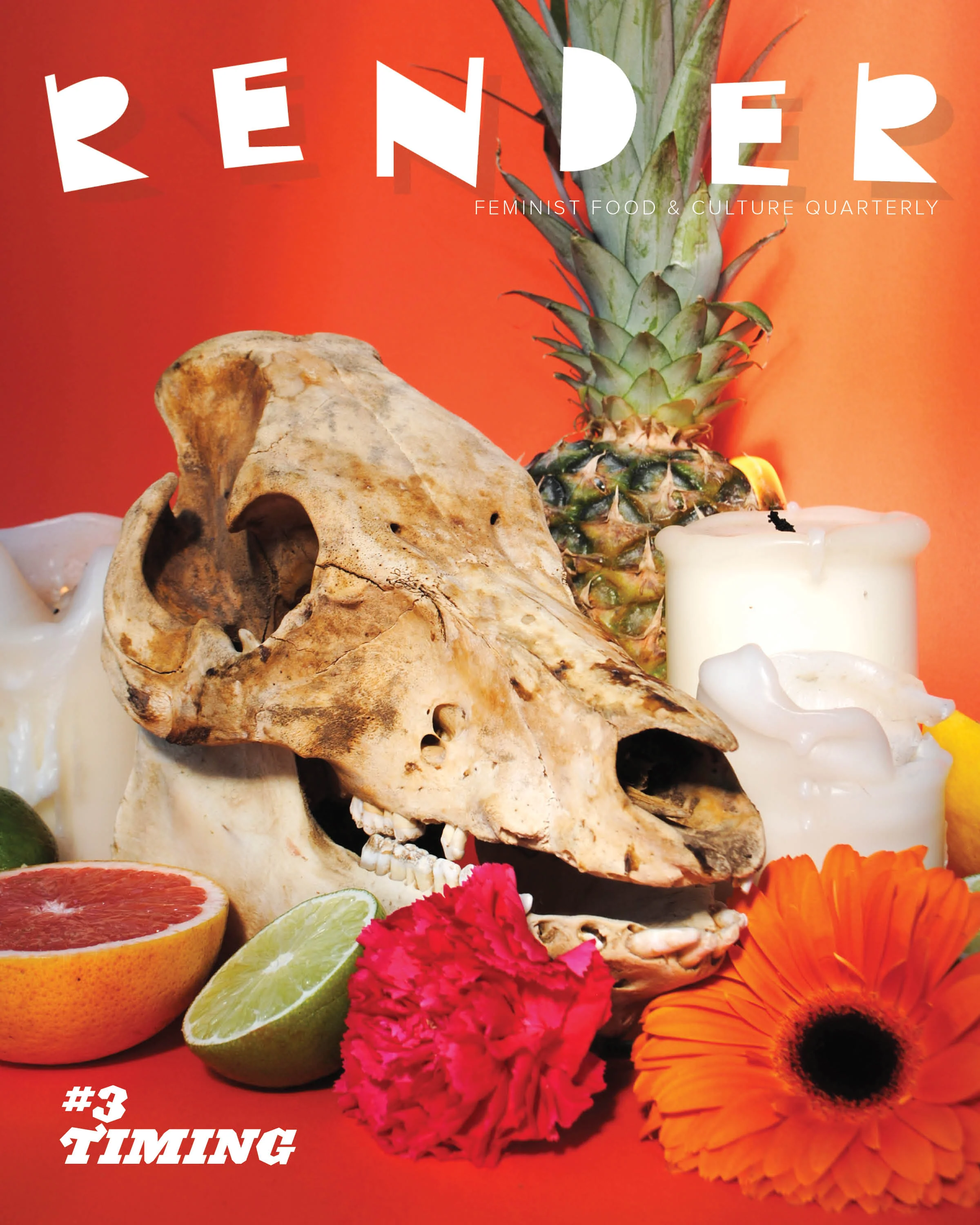Graphic by Alex Bayley.
Frustrated with the Bay Area tech scene, Alex Bayley – founder of the Geek Feminism Wiki and Geek Feminism Blog – quit her job with Google in 2011 to move back to Australia and work on projects more closely aligned with her inclusive and egalitarian ideals. That year, Alex (Internet moniker: Skud) was invited to give a keynote address to GUADEC, a conference in Spain for users of GNOME, an open source desktop environment. Her talk was on the existence of communities outside of the open source software movement that espouse the same values of open source culture. These communities, which are open to anyone, bring people together to create something of value and then give it away for free. After her talk, Federico Mena Quintero, a Mexican software developer and permaculturist, came to Alex and asked if she knew of any data source that would enable him to look up a crop and tell him when to plant or harvest it or how to grow it in his area.
There wasn’t any such source available for average citizens. While government agencies collect data on large-scale agriculture, there isn’t much available for the backyard gardener trying to grow a modest bed of strawberries in their specific location that isn’t proprietary.
When Alex tries to find information on when to grow a crop in her area, she usually finds information for the United States or the UK. "I'm in a temperate climate. I'm also in the Southern Hemisphere. If I go and Google ‘when should I plant tomatoes?’ it'll tell me to plant them in April.” What works for a gardener in the Bay Area is not very useful for Federico in Veracruz, Mexico, and is entirely inappropriate for Alex in Victoria, Australia. Not only do most authors of gardening information write instructions that only apply to their local climate, but they rarely acknowledge that other climates exist at all.
This realization was the seed from which Growstuff sprouted. For the next three months while she traveled in Spain, France, and England, Alex stopped wherever she had access to Internet to drum up interest. She wanted to build something like Ravelry, but for veggie growers.
Created in 2007, Ravelry is a both a social networking service and an extensive database for information about anything a person can do with yarn and other fibers—knitting, crocheting, spinning, weaving. A user can specify the object they want to make (a sweater or socks, for example), with what kind of yarn, how much, and which tools they have available, and then receive a list of potential patterns with photos, instructions, and an expected time frame for completion based on the experiences of other users. Alex wanted food gardeners to have a similarly extensive resource.
A screenshot of Growstuff's page for lettuce in 2014.
Growstuff intends to show gardeners what will thrive in their area and when to do the seeding, thinning, harvesting, and seed collecting based on aggregated data created in previous years. Users also have access to anecdotal qualitative information from an individual contributor, such as how someone in their area dealt with aphids on kale. Unlike Ravelry, Growstuff’s data carries a Creative Commons Attribution ShareAlike (CC-BY-SA) license for anyone’s use. Currently, Growstuff has almost 1,400 users who have collectively planted 515 different crops on six continents, mostly in North America, Europe, and Australia. Volunteers and contributors have heard about Growstuff by word of mouth, from permaculture blogs, or in tech communities. Alex estimates that the site needs to grow to 100,000 members and have at least 100 growers in each metropolitan area in order to establish a sample size producing representative data.
Most users are from English-speaking countries because the database has not been internationalized, but Alex hopes to get the site working in Spanish and Japanese soon. She wants Growstuff to be serviceable to people in areas outside of the English-speaking and Western European Internet mainstream—people like Federico in Mexico. At the moment, the volunteers of Growstuff are focused on getting international names for crops. “The thing that I call amaranth, in Greece they call vlita,” warns Alex. “And in every country in the world they have a different name for this vegetable. It's one of the most widespread vegetables out there." Not only do different countries have different names for crops – for example, what those in the United States call an eggplant is known as an aubergine in British English – but plenty of edible plants have myriad colloquial names. Eliminating the language and terminology barrier expands Growstuff’s accessibility to a greater variety of growers around the world, and contributors chip away at that barrier more and more every day.
Growstuff is a project friendly to those just learning to code and values developmental input from those not interested in making technological contributions. It’s a welcoming project for women to learn coding without having to be on the defensive in a male-dominated field. "If you look at technology products, they're built primarily by men, even if the product is serving primarily female audience,” Alex says. According to the Food and Agricultural Organization of the United Nations, more than half of the world’s food is grown by women on small farms or family plots. In some areas of the world, women provide up to 90 percent of the labor required to grow food. An open source project about food production that only involved the work of experienced programmers would be ignoring a majority of the population it needs to serve.
Like many open source projects, funding has been a constant issue, and Alex wants Growstuff to be sustainable. Growstuff can afford to pay her part time, but she wants to be able to pay more contributors so that people who aren’t able to volunteer their time and skills can still be part of the movement. “The ability to do that unpaid work is a privilege,” she says. Not everyone has the time and resources to perform unpaid coding work to build up a portfolio that will prove them worthy of a tech job. Requiring volunteerism automatically limits the pool of potential contributors and a diverse array of input is central to Growstuff’s success as an alternative resource for gardeners.
“We try to get people to do stuff in the technology world from a sense of community spirit,” she says. “That work disproportionally falls on women. Paying people for that work and recognizing the value of that work is a feminist act.” Ravelry makes money based on ads and a small portion of the sales from patterns that members purchase from each other. Growstuff hopes to one day survive on contributions, premium accounts, and funding connected to partnerships with local governments trying to increase urban food gardening. Once Growstuff is able to pay the busy food-growers of the world for significant contributions, it will be much closer to achieving the broad accessibility Alex hopes to cultivate. Until then, Alex encourages anyone interested in growing or coding to contribute to Growstuff or to use it as a resource.

